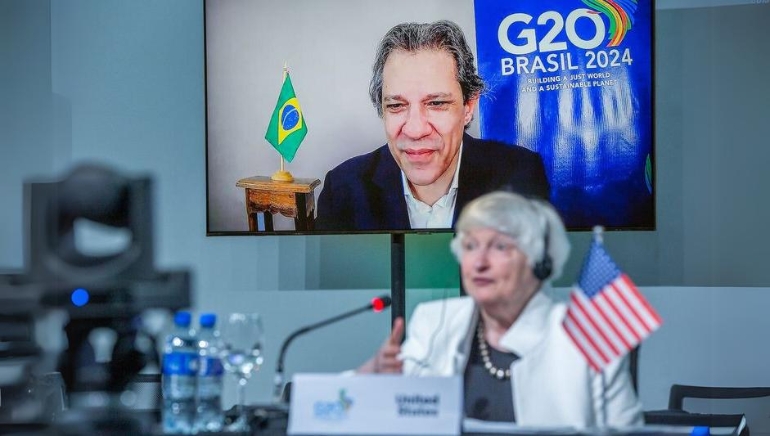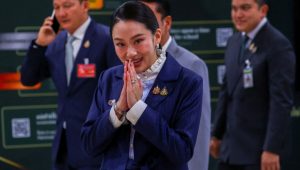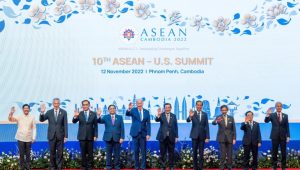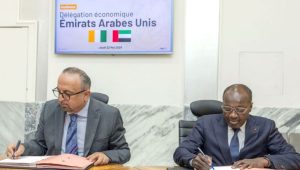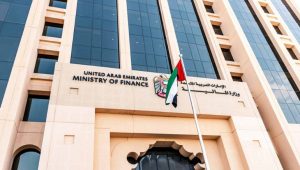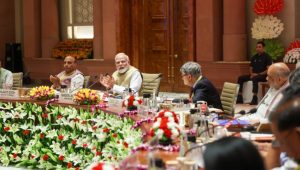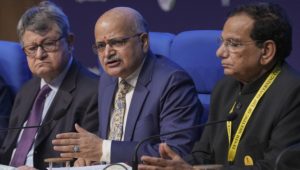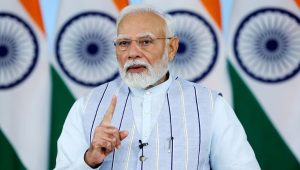Brazil’s Finance Minister Fernando Haddad warned about global economic challenges as G20 finance leaders convened in Sao Paulo, grappling with divisions over Ukraine and Gaza conflicts. Haddad emphasized the need for G20 action on climate change and poverty amidst a “challenging” global economic environment.
Regarding the economic part of the communiqué, Tatiana Rosito, the coordinator for Brazil’s G20 financial track, reported successful discussions. Meanwhile, for Germany to agree to the statement, German Finance Minister Christian Lindner insisted on discussing geopolitical matters such as the conflict in Ukraine.
Lindner suggested funding Ukraine with money from Russian assets that were placed under lockdown, highlighting possible obstacles to a final agreement. Brazil’s aim to avoid contentious geopolitical matters is reflected in the draft communique’s sparse discussion of regional problems.
The G7 also convened to deliberate tactics against Russia, with U.S. Treasury Secretary Janet Yellen pleading with allies—supported by Canada—to release frozen Russian assets to support Ukraine.
The G20 gathering occurs amid global economic uncertainties, rising debt burdens, and inflation concerns. The Brazilian government advocates for greater representation for developing nations in the G20 and international financial institutions dominated by advanced economies.





